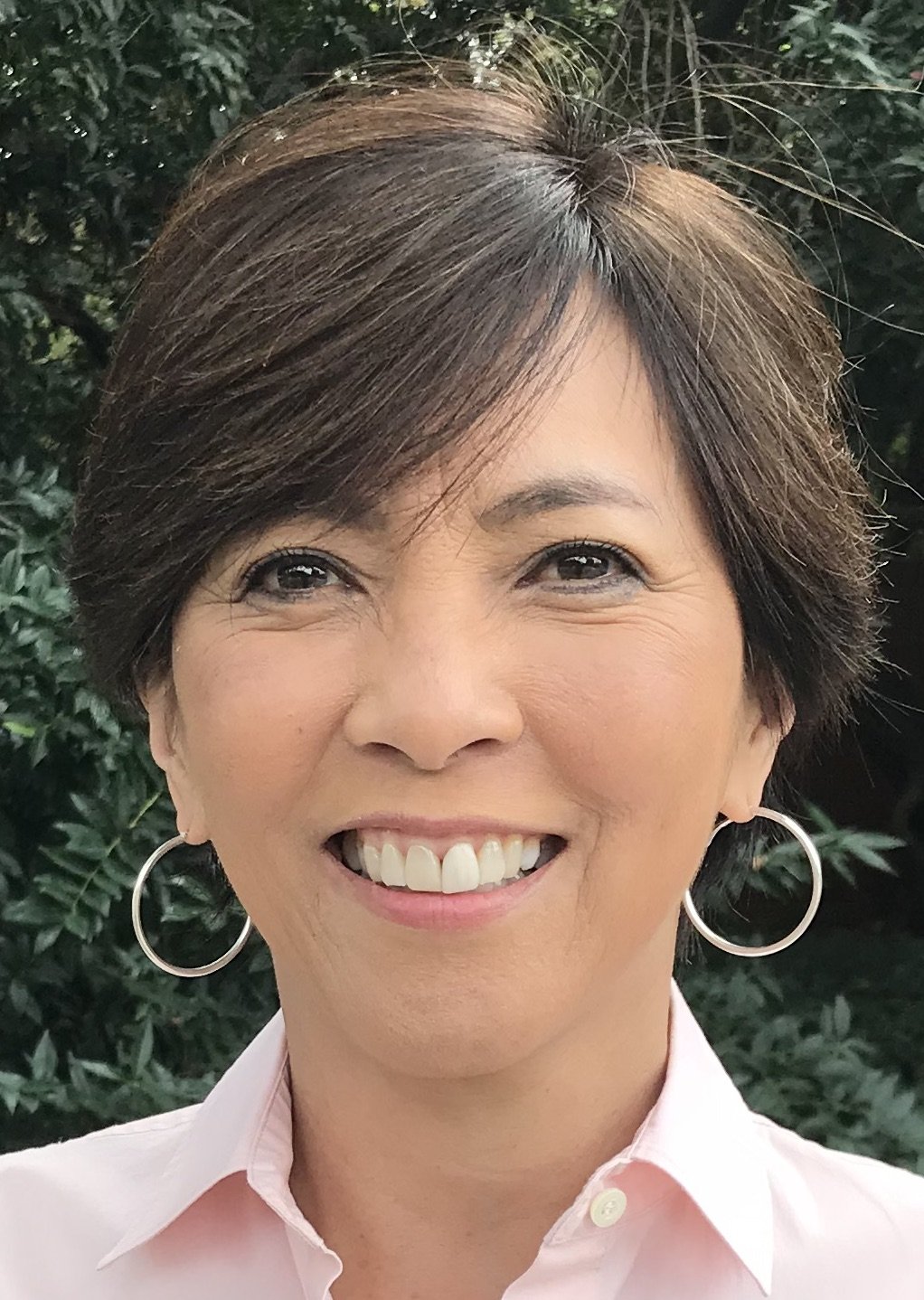Biblical Economic Justice Today: with DR. Michael Barram in Conversation with Mary Ellen Axada
MARCH 27, 2018
Walnut Creek Presbyterian Church
Listen to Biblical Economic Justice Today
Dr. Michael Barram
has taught biblical studies in the Department of Theology & Religious Studies at Saint Mary’s College of California (Moraga) since 2001. In addition to missional hermeneutics, Barram’s primary area of research and teaching concerns the implications, both ancient and contemporary, of biblical perspectives on economic justice. He is the author of "Mission and Moral Reflection in Paul" (Lang, 2006) and the forthcoming "Missional Economics: Biblical Justice and Christian Formation" (Eerdmans, 2018).
Mary Ellen Azada
An ordained PC(USA) pastor, and is currently working at Fuller Theological Seminary as the Executive Director of Fuller Careers and Personal Development. She has also served in the church as a mission pastor for over twenty years. She considers First Presbyterian Church of Berkeley her spiritual home. She lives in Pasadena with her husband Christopher Simmons, and her adult son Ben lives in the Bay Area.
The Topic
There’s a real concern we’ve jumped to the how-to without considering the why when it comes to allowing the Bible to form our values regarding economic justice.
Our contemporary economy prioritizes efficiency, profit, and production. What if the Bible doesn't care about that? What if God reasons through abundance, not scarcity, and focuses on need, not gain?
We invite you to consider if our society has already gotten off on the wrong foot when we start with the assumption that there's not enough to go around. Perhaps abundance is where we need to begin and human need is where we need to go.
The Event
Our talk on this topic will feature Dr. Michael Barram, Professor of Theology & Religious Studies (Saint Mary’s College of California), a biblical scholar whose work focuses on economic justice and missional hermeneutics.
He will be followed by a conversation and audience Q&A with Mary Ellen Azada, Executive Director of Fuller Careers and Personal Development.


